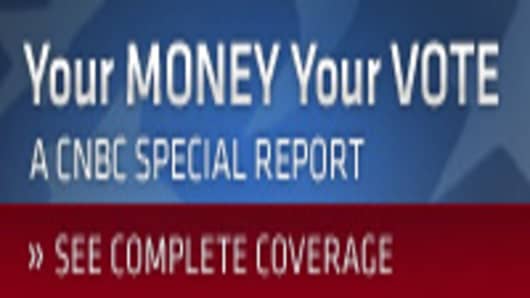Uncertainty now reigns over the successful Build America Bondsprogram, which helps states and cities borrow more cheaply in the municipal bond market.
Even though the Republican winners from Tuesday's election won't take their seats in the House and Senate until early next year, momentum on the Hill has clearly shifted right. And that means additional spending—even on what market observers would call crucial state and municipal financing programs—could prove a tough sell.


